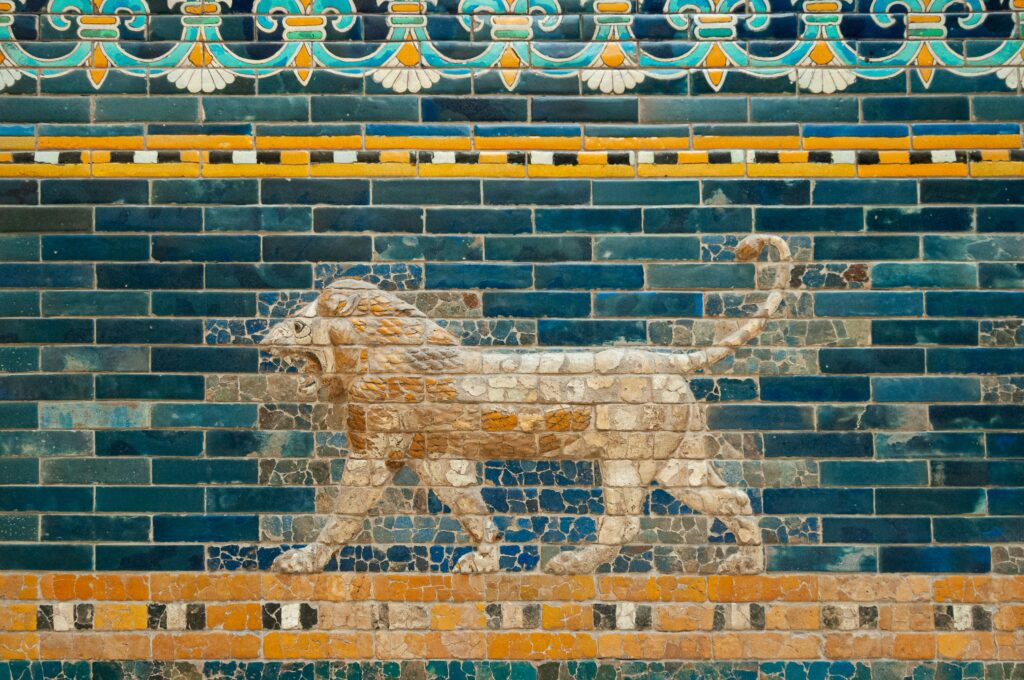Can you imagine what it would be like if 100,000 football fans belted out an anthem of heaven with greater gusto than the national anthem?
This happens every Christmas in Australia. 100,000 people sing a rendition of The Holy City, punctuated by fireworks, echoing off the famed sails of the Sydney Opera House.
“Jerusalem! Jerusalem! Sing for the night is o’er. Hosanna in the highest—Hosanna forever more!”
This unusual sight raises questions for newcomers. How can an overtly Christian song supplant Santa Claus as the grand finale of a taxpayer-funded, nationally-televised event?
It’s not because Christianity is a major force in the country. Australia is a mission field where atheists easily outnumber evangelicals. In fact, it’s only because Christianity is so small that Australia’s secular society feels no threat from an occasional hymn.
Still, why do they choose a song that’s not about Christmas at all but about Christ’s sacrifice and second coming?
Unknowingly, the Aussies are theologically correct (though certainly not politically correct) to make the Christ the center of their Christmas celebration. Even before his birth, the power and kingship of Christ was shown to God’s chosen people.
Luke 1:32–33 (ESV) says:
“He will be great and will be called the Son of the Most High. And the Lord God will give to him the throne of his father David, and he will reign over the house of Jacob forever, and of his kingdom there will be no end.”
Christ’s kingdom will be glorious—without pain, sorrow, or darkness, as the song says:
“No need of moon or stars by night, nor sun to shine by day. It is the new Jerusalem that will not pass away.”
Eternal life in the Holy City holds appeal even to a country like Australia that consistently ranks as the most livable on earth. Does it hold appeal for you? Enough to sing loud and strong for everyone to hear?
Heavenly Father, thank you for the wonderful gift of your Son. Point our hearts towards you, as we prepare for Christmas this year. Help us remember the true value of Christmas, even when it’s not politically correct to recognize. Amen.





